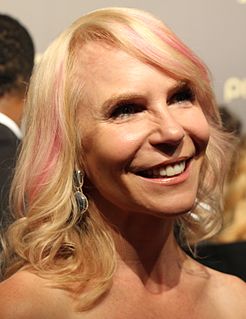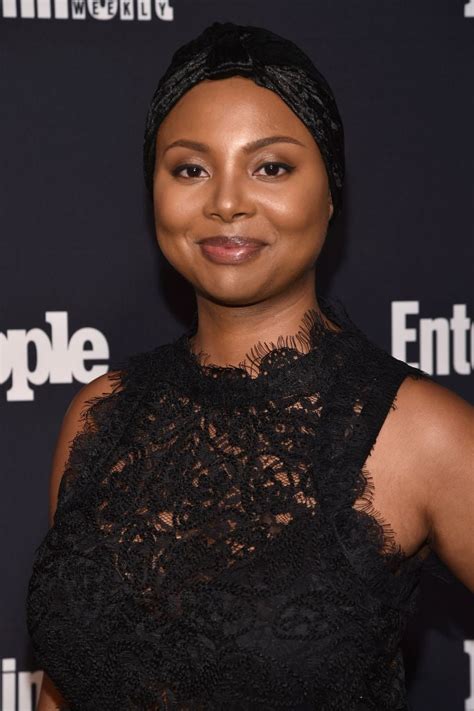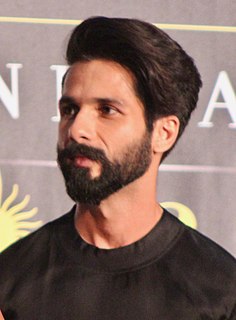A Quote by Stephen Curry
If you can't move and talk to people that you see, it's not really my scene.
Related Quotes
I actually went to see 'Rushmore,' and I came late, and I missed myself. It was great, that scene. I caught that scene the other day on TV, funny enough, the first scene that you see with Jason Schwartzman and myself, where we talk about his grades. That's a brilliant scene, and I have to say, we play it brilliantly.
I really like the Chris-R scene and of course the "you are tearing me apart Lisa" scene. The reason I love the Chris-R scene is because we worked really hard to finish it. It's not just that though, it brings people together. Everyone is one the roof together by the end of the scene. You see the perspectives of the different characters. I feel like with all the connections in this scene that the room connects the entire world
The only way the devil really exists in my opinion... is in interactions with people who don't walk the walk and talk the talk; people who act one way, or talk one way and then do another. Those are the deals with the devil. I don't see the devil as somebody who is a horned, goateed guy with a fork in his hand that's there to continuously stab me and send my soul to hell. I don't see it that way at all.
With moviemaking, the audience always has to keep asking, 'What happens next?' If you have the wrong piece of music over a scene, people aren't going to get the scene. If you have the wrong camera angle, people aren't going to pay attention. That's as much a part of the process as getting people to talk to you.
I thought I was okay in my first film, and then I was really, really bad in some films. I really cringe when I see some of my scenes. There's a scene in one film where a dog is biting me; the expressions I have made should be qualified as the most over-acted scene in the history of the cinema. The dog's expressions were more real than mine.
I really, really liked shooting and doing the scene with Emilia Clarke and Peter Dinklage at the end of 'Winds of Winter,' when she gives him the Hand of the Queen. Because we shot it very simply. We felt like we had managed to do something that was visual but really was a very intimate scene between two people.
You can talk about things indirectly, but if you want to talk how people really talk, you have to talk R-rated. I mean I've got three incredibly intelligent daughters, but when you get mad, you get mad and you talk like people talk. When a normal 17-year-old girl storms out of the house or 15-year-old boy is mad at his mom or dad, they're not talking the way people talk on TV. Unless it's cable.






































